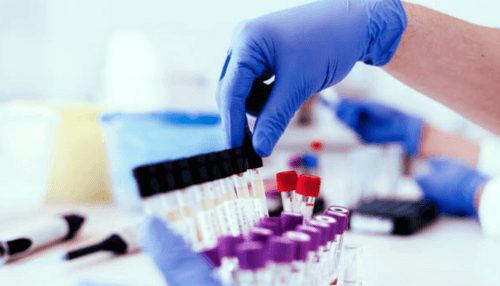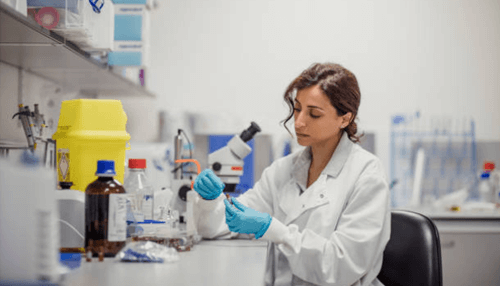While looking through the various drug testing options for employees, it’s usual to come across DOT vs. non-DOT drug tests.
The terminology is quite commonplace for those in the medical industry. But it can be a bit confusing for anyone who has not had to take these tests before.
Thankfully, understanding the difference between these tests is not difficult. As long as you clear up a few basic concepts (click here, you can easily see the distinction and importance of these tests.
What is a DOT drug test?
Simply put, a DOT drug test is regulated by the U.S. Department of Transportation (DOT). With its compliance with DOT rule 49 CFR Part 40, a DOT drug test differs from regular tests by a few factors.
A DOT test applies to all the industries that are regulated by the Department of Transportation. This includes, but is not limited to:
- Aviation
- Railroads
- Mass transit
- Trucking
If any employee is found in violation of a DOT drug test, their employer must follow standard processes before getting them back to work.
What is a Non-DOT Drug Test?
As specified by its name, a non-DOT drug test applies to all those industries that do not fall under the Department of Transportation. This includes all workplaces that operate out of the DOT.
Unlike a DOT drug test that is mandatory for all applicable DOT employees, the requirements for taking a non-DOT test fall upon the specific employer.
Depending upon state regulations, an employer can ask any of their employees to take specific drug tests. The requirements depend upon the substance that the employer wants to test against.
What is the Difference Between DOT and Non-DOT Tests?
There are quite a few distinctions between a DOT and a non-DOT test. These include the following factors.
Federal vs. state-level regulations
While DOT drug tests are applicable on a federal level, non-DOT tests are applied through state regulations. Due to certain state laws, the DOT drug test guidelines can often affect non-DOT tests in some jurisdictions.
Documentation and Paperwork
To take a DOT test, employers and employees need to fill out a Federal Drug Testing Custody and Control Form (CCF). This form is not required in non-DOT tests, where employers or their chosen facilities need to create specific documents according to state laws.
Required specimens and Samples
A DOT drug test requires a urine sample as the main specimen. But a non-DOT test can use other specimens, such as saliva, to carry out its tests. In non-DOT tests, these requirements can be decided by the employer according to state laws.
Penalties Upon Refusal
Employees can refuse DOT and non-DOT drug tests. But they have to go through specific procedures before returning to work. In DOT tests, they need to follow the return-to-duty (RTD) protocol. In non-DOT tests, the employer can base the decision on their employment status.
Procedure to Return-to-Duty
If an employee tests positive against a DOT test, they need to follow specific RTD procedures that involve evaluation and treatment through a Substance Abuse Professional (SAP). They then have to test negative against a DOT drug test for specific substance/alcohol. In non-DOT tests, the subsequent process is set by the employer and state regulations. In both cases, the employee can be fired after testing positive for drug abuse.
When Should You Get These Drug Tests?
If you work in an agency that falls under the Department of Transportation, you may test your employees in different conditions, such as pre-employment or reasonable suspicion. The substances you can try them against include, but are not limited to, cocaine, marijuana/THC, amphetamines, and opiates.
If you manage a private or non-DOT business, you can still ask your employees for a drug test under your state laws. You may also ask for a test against a variety of substances under many conditions.
In either case, you need to follow specific procedures to get your employees to cooperate with you. By making sure that you are getting the proper tests in place, you can make your workplace and its operations safer for everyone.



